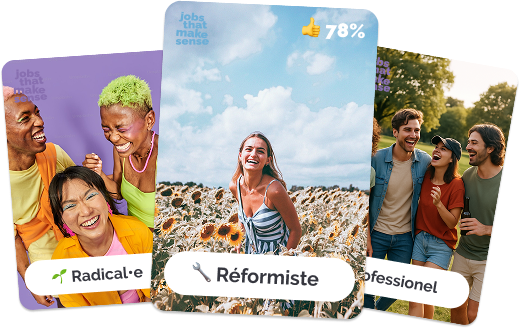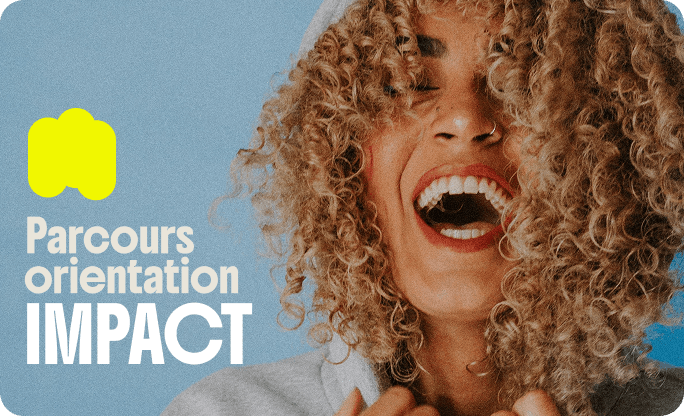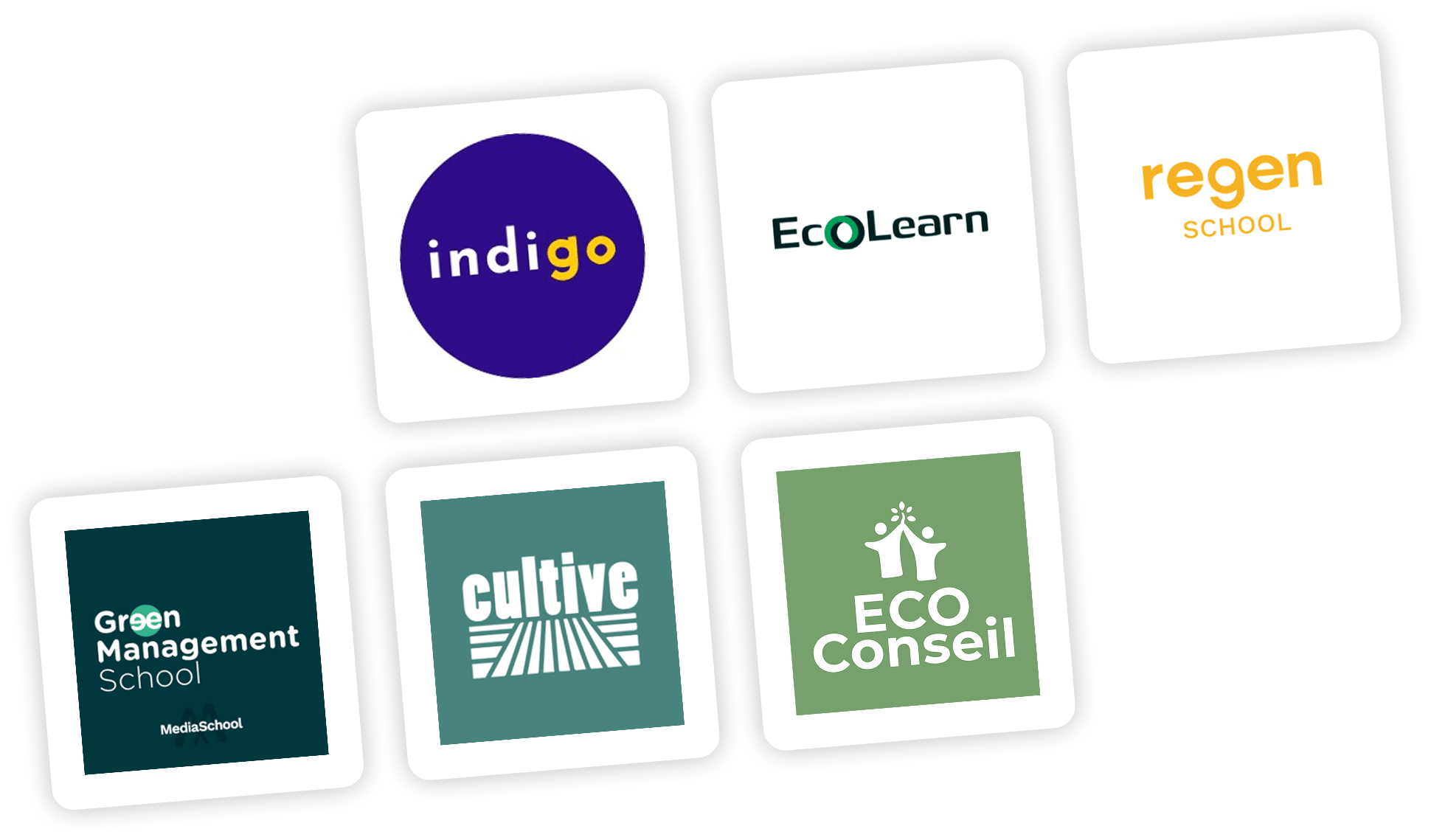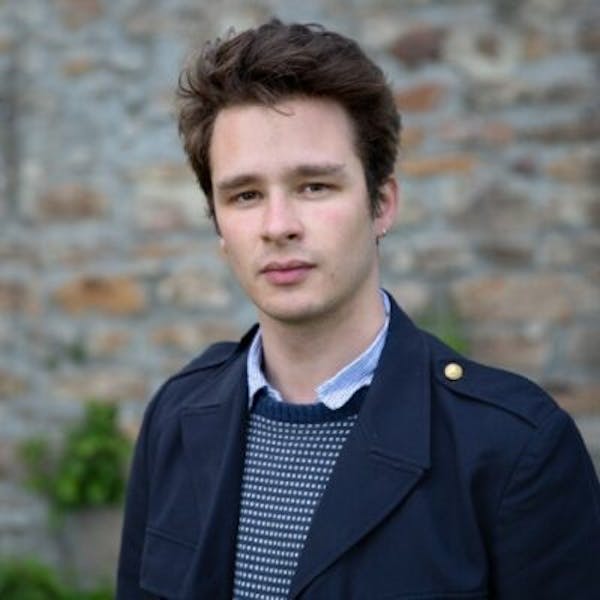Think, work and undertake for rurality and the world
Hello, I am Valentin, I am the educational director of the Institut de Tramayes, a new kind of post-baccalaureate school which trains young people to think, work and undertake in the service of the common good.
Despite my diploma from Sciences Po Lyon in my pocket, in 2017, I no longer found meaning and utility in the work for which I was destined and I left to live in an ecovillage in Ardèche where I lived for two years. Today, I co-found a school for those who, like me, are in search of meaning because there are more and more of us.
I like to do this express little survey when I present the Institute to the public: I always ask everyone "how many of you know a friend, a cousin, a colleague, a relative who, after his Bac+5 or long studies, gave up everything to become a baker, market gardener, carpenter or something else? ".
Usually I hit the bull's eye and three-quarters of the hands go up. Try it at home, in your circles: guaranteed success!
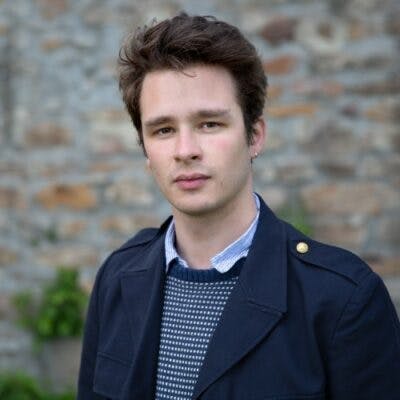
The revolt of the first of the class
Journalist Jean-Laurent Cassely talks about this generation of class leaders who are revolting. And they are more and more numerous since the first publication of his book in 2017 (it is reissued this month, proof of its success). In France, one worker in five is in the process of retraining, a proportion that rises to one in three among young people aged 18-24. This generation runs away from bullshit jobs, shitty jobs: those that make us spend whole days in front of excel spreadsheets, doing abstract tasks without ever seeing the outcome.
These trades were well described by two other journalists: Julien Brygo and Olivier Cyran in "Boulots de Merde". This book shows well the two aspects of shitty jobs that are the common lot of many college graduates: socially and ecologically useless (even harmful) on the one hand; and meaningless for personal, intimate fulfillment, on the other hand.
What was an object of research for a few curious people is today a social phenomenon. The students of AgroParisTech in their "Call to desert" declare that "these jobs are destructive, and to choose them is to harm", they challenge those who, among their class, "sitting behind a desk, looking out the window dreaming of 'space and freedom'. They are right to mope, because more and more young people are dreaming of something else, to the point that they are massively abandoning their studies: a quarter of students leave university without any diploma. The deserting students dream of concrete utility, of activities that contribute directly to the common good. They left to settle in Notre-Dame des Landes, practice beekeeping in the Dauphiné, they settled in the Tarn and became peasant-bakers. They "train today to settle tomorrow, and work with their hands".
It is to this generation that the Tramayes Institute and we say to them, "don't wait five years to realize that another way is possible. Train today to face all the challenges we will face tomorrow (and today too). »
What does that mean concretely?
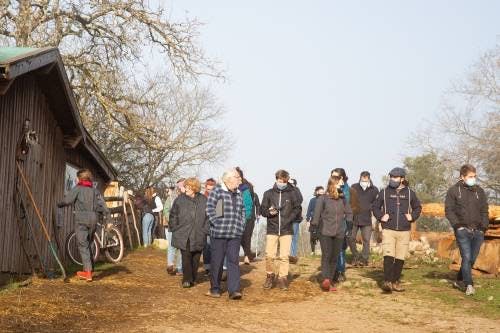
In the world to come, we will have to (re)learn how to produce with our hands
End of oil, end of massive imports of objects of all kinds, of raw materials. A world without oil is a world where we will have to learn to build, to create, to transform with what we have at hand and with our hands. It is therefore necessary that the youth learn massively to lay a wooden frame, to build bioclimatic dwellings, to erect a dry stone wall, to grow fruits and vegetables without pesticides, to transform seasonal food products to keep them a long time, making natural sourdough bread, etc. In a word, they must learn to work, to be workers in its noblest sense. If not, who is going to produce the comfortable armchair from which you are reading this article tomorrow?
In the world to come, we will have to arm ourselves with critical thinking
See beyond greenwashing, learn to decode information, listen to the media, compare sources, form your own opinion based on facts. Learn to listen to speeches and extract the essentials, understand the issues of the world: the ecological, social, political crisis that affects us all. These skills are as essential as growing fruits and vegetables. It's complicated to be useful to the world, to work for the general interest and the common good, if you don't understand and problematize the system in which you live.
In the world to come, we will have to undertake for the common good
While our economic system is still geared towards consumerism and the search for profit at all costs, young people - and society in general - are gradually becoming aware that we must do things differently. That profit cannot be the essential objective of an economic activity, that its possible distribution must be done according to other methods. That environmental and social impacts must be taken into account from one end of the production chain to the other. Finally, that the working environment must be a factor of fulfillment more than exhaustion. In short, no more bullshit jobs!
Thinking, working and undertaking for rurality and the world
It is to these three challenges that the Institut de Tramayes is trying to respond. At the Institute, we set ourselves the goal of helping men and women to think, work and undertake for rurality and the common good. This requires training that includes:
- humanities and social sciences, to have a critical mind and an ability to analyze world issues. On the menu: sociology, economics, geopolitics, history and philosophy.
- learning a manual trade, to acquire truly productive know-how. There is something for everyone: masonry, metalwork, carpentry, market gardening, baking and many more.
- management sciences, to be able to create and manage an economic activity geared towards the social and solidarity economy.
With us, we rely on an active pedagogy, sometimes called project pedagogy, or reverse pedagogy. The principle: learn by doing. Students are put in an action situation to acquire knowledge. Thus, a large place is left to real and concrete activities: whether for the discovery of manual trades by getting "the hands dirty" or for the human and social sciences by carrying out, for example, a field survey in sociology on the territory. Want to learn how to plant potatoes? You're going to plant potatoes, and you're going to learn how to do it well, by doing it.
Our course takes place in eight months and can continue for two additional years
- to specialize in a manual trade and obtain a CAP, a CGEA, or another professional title
- to deepen management science and be supported in setting up a sustainable economic activity: an association, a cooperative, a company, a collective, etc.
Our mission at the Institut de Tramayes is to make possible a more sustainable and fairer future by giving the means to those who want to think, work and undertake in the service of others and the planet.
